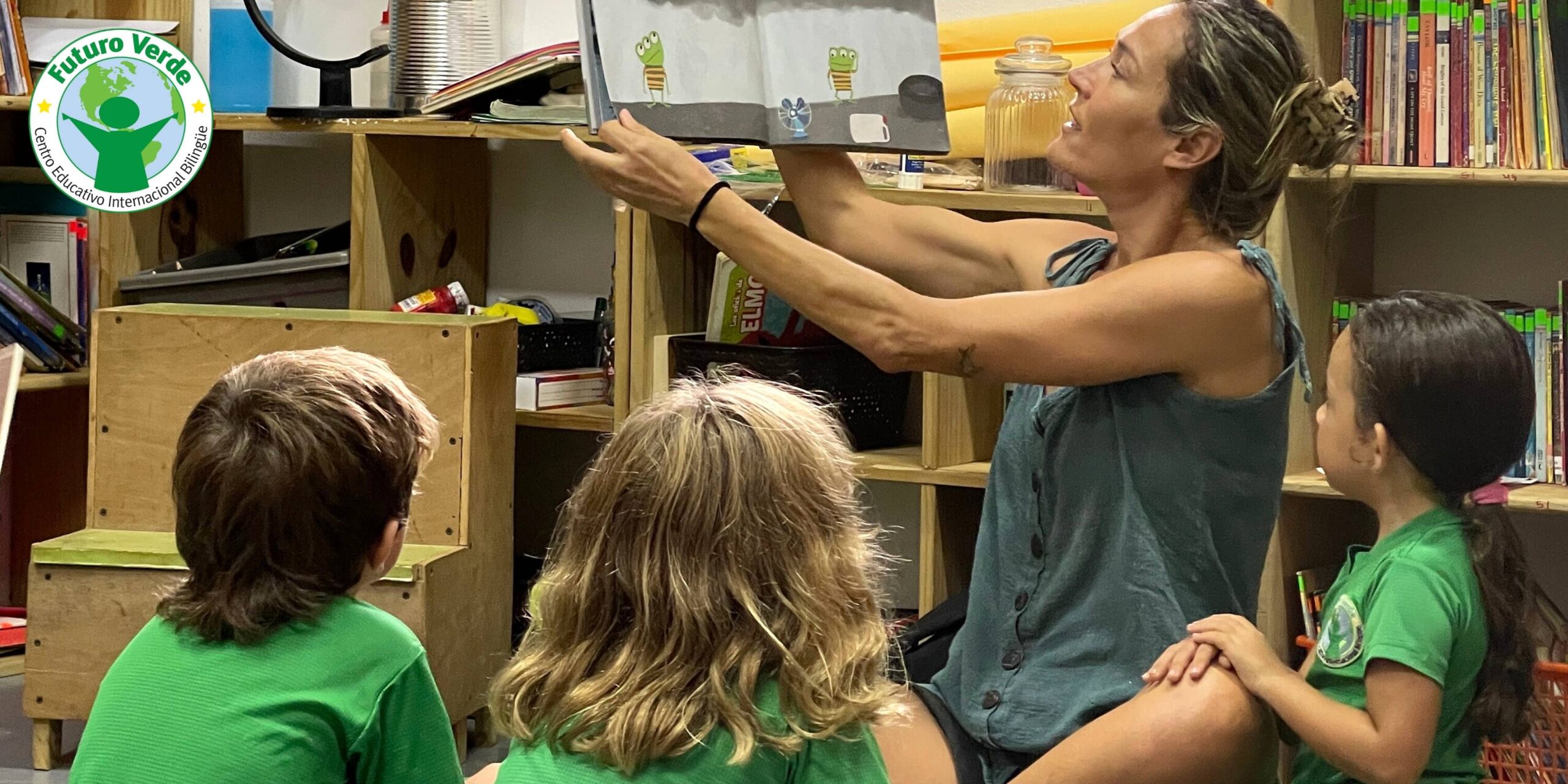First of all, it is important to understand the meaning of a database, for this, it is worth highlighting the definition provided by the University of Extremadura, which defines a database as a collection of “publications of scientific content, such as journal articles, books, theses, conferences and others, which aim to bring together all possible bibliographic production on different areas of knowledge” (1). So, once the concept of databases is understood, EBSCO can be defined as a database in which full-text publications related to the area of sciences and humanities can be accessed.
Now, what is EBSCO for? In a school context such as that of Futuro Verde, it is essential to provide students with tools that allow them to access reliable sources of information to strengthen their research skills through academic work. For Futuro Verde, EBSCO represents access to the scientific community.
In this regard, throughout this school year, different workshops have been designed for an effective use of this database. In this sense, teachers and parents have had the opportunity to receive training on the tools offered by EBSCO, and in this way, learn how to perform basic information searches, and advanced searches through the use of Boolean operators and information filters, for example: year, country, type of publication and lexile range or reading level.
Now, EBSCO is a compilation of different databases, therefore, one of the advantages offered by the workshops to parents is the creation of an account that provides access to platforms such as:
Teacher profile: it is a database that provides articles related to different elements of the educational process. Examples include: evaluation, best practices, continuing education, current pedagogical research and curriculum development.
Premier Academic Source: is a robust database of full-text academic journals. In this regard, it “covers all major subject areas, including agriculture, economics, history, law, literature, psychology, and sociology” (Ebsco 1).
Advanced Source Placement: is a database designed for high school students enrolled in various Advanced Placement (AP) and International Baccalaureate (IB) courses. In addition, it is a tool that offers thousands of journals and full-text documents. It also provides items such as photos, maps and flags.
Explora: includes full-text articles from magazines, journals and newspapers, along with images, videos and primary sources of information. Explora is now divided by levels, with the intention of compiling a greater number of sources. So, for elementary schools we recommend using “Explora Primary Schools – Grades K-5”. For sixth through eighth grade, it is recommended to use “Explora Grades 6-8 Schools” and for the rest of the levels, it is best to use “Secondary Schools – Grades 9-12”.
In short, EBSCO offers access to a collection of full-text e-books to support the educational process.
Finally, EBSCO is a tool that improves the educational task, offers teachers the possibility of enriching the learning process, provides students with tools for research and allows parents to support the educational process of their sons and daughters.


